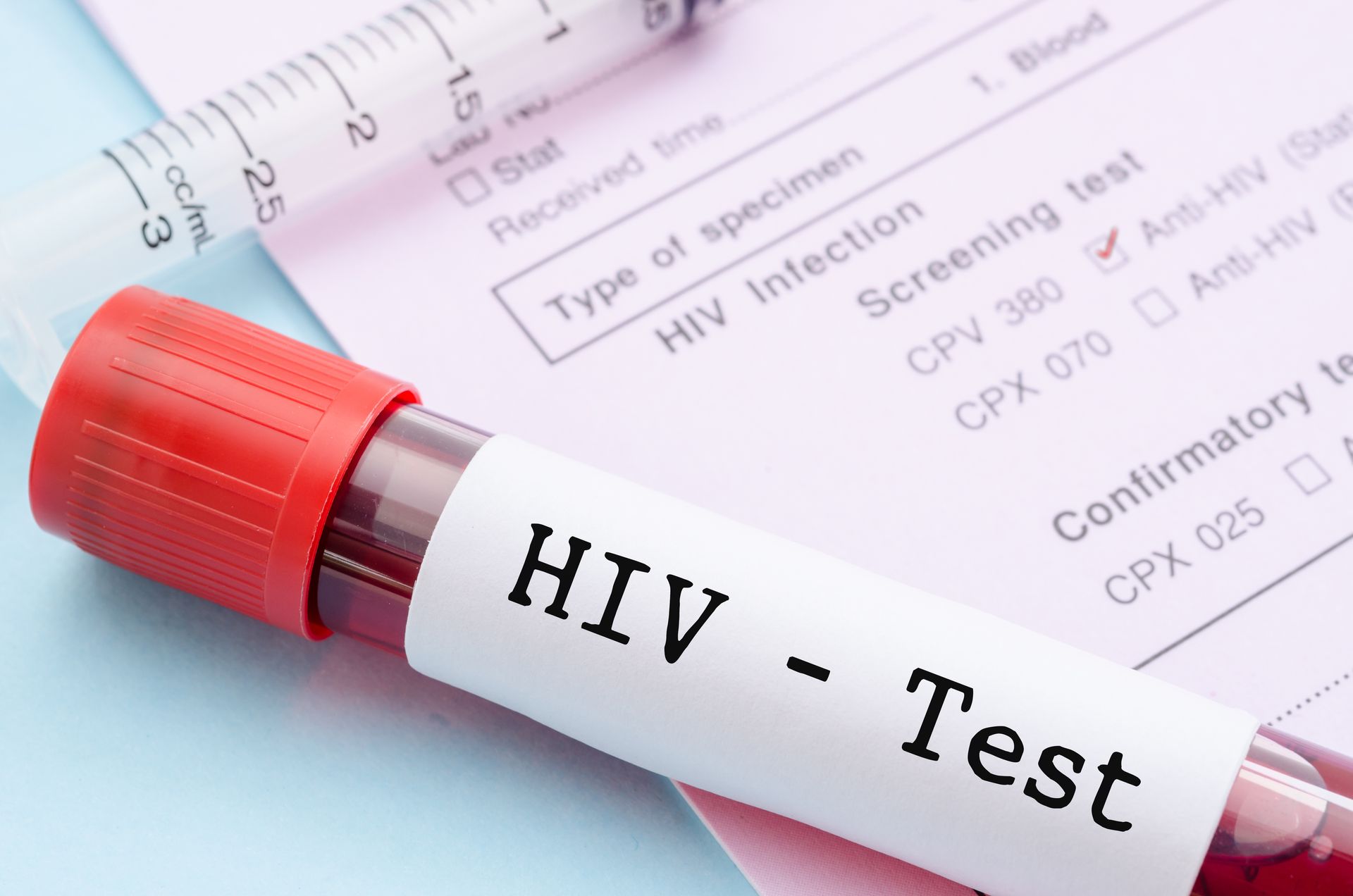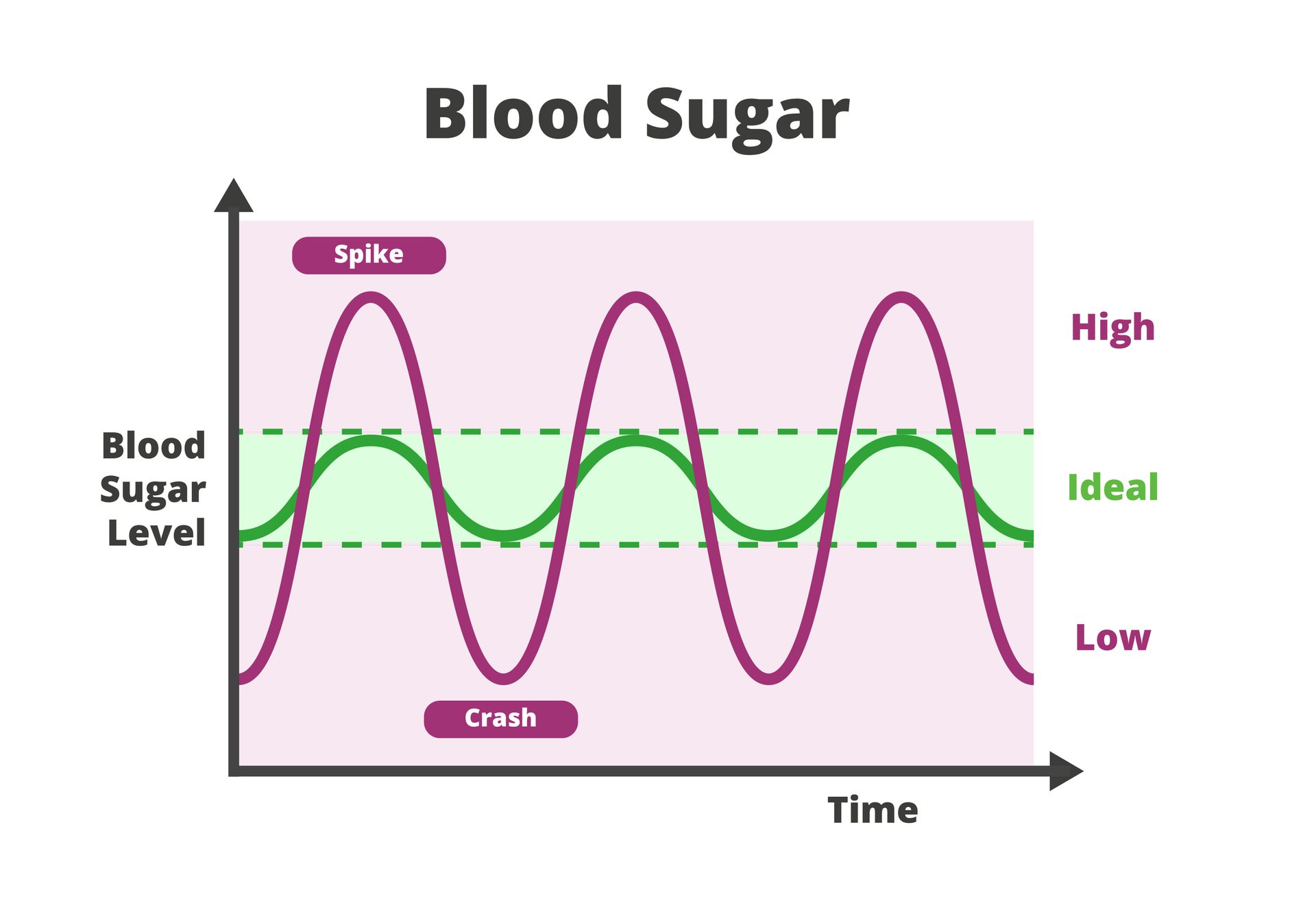Recent Posts
Why Your PCP Asks About Alcohol Use, and Why It’s Important to Answer Honestly

At your last checkup, your primary care provider (PCP) may have asked you a seemingly simple question: “How often do you drink alcohol?” For some patients, this question feels a bit personal or even judgmental. But there’s a very good reason why it’s part of nearly every medical history review.
Talking about alcohol use isn’t about criticism. It’s about understanding your health risks, prescribing safe medical treatments and supporting your overall well-being.
Alcohol and Your Health
Alcohol affects nearly every system in the body. While moderate consumption may not pose serious risks for many people, excessive or chronic drinking can lead to a range of health concerns, including:
- Liver disease
- Heart problems
- Digestive issues
- Certain types of cancer
- Memory loss and cognitive decline
- Depression and anxiety
- Sleep disturbances
- Weakened immune function
Even low or moderate levels of drinking can interact with medications or worsen existing health conditions. That’s why your provider needs accurate information to give you the safest and most effective care.
How Much Is Too Much?
Not all alcohol use is considered risky, but it’s important to understand what qualifies as moderate, heavy or binge drinking. According to the Centers for Disease Control and Prevention (CDC):
Moderate drinking means up to one drink per day for women and up to two drinks per day for men.
Heavy drinking is defined as eight or more drinks per week for women, and 15 or more for men.
Binge drinking means consuming four (women) or five (men) drinks or more on a single occasion.
Even if you don’t drink often, having too much at once can have short- and long-term health effects.
Why Your PCP Needs to Know
1. To Ensure Safe Prescribing
Many medications don’t mix well with alcohol. This includes common drugs like blood pressure medications, antidepressants, antibiotics, anti-anxiety medications and painkillers. Drinking while taking these drugs can lead to increased side effects or reduced effectiveness.
If your doctor doesn’t know how much you’re drinking, they may unknowingly prescribe something that could put you at risk.
2. To Understand Health Symptoms
Alcohol can mimic or mask many health issues. For example, fatigue, digestive trouble, memory loss and sleep problems can all stem from alcohol use. If your provider knows your habits, they can better identify the root causes of your symptoms and avoid prescribing you drugs or treatments you don’t actually need.
Alcohol use can also help explain abnormalities in lab results, such as elevated liver enzymes or high blood pressure.
3. To Support Mental Health
Alcohol use and mental health are closely connected. While many people drink to relax or cope with stress, alcohol is a depressant that can worsen mood, anxiety and emotional well-being over time.
By opening up about your drinking habits, your provider can help you address not just the physical effects but the emotional ones too, offering support, resources or referrals if needed.
4. To Catch Problems Early
Your PCP isn’t looking to label or shame you. They want to catch any signs of alcohol misuse early, before it becomes a more serious health or dependency issue. Early intervention leads to better outcomes and more treatment options if help is needed.
5. To Build Trust and Whole-Person Care
A strong relationship with your PCP is built on honesty and mutual respect. When you share openly, it helps your provider see the full picture of your health and make recommendations that truly fit your life.
What If You’re Worried About Your Drinking?
If you're unsure whether your drinking habits are healthy, you’re not alone. Many adults find themselves reevaluating their alcohol use at some point. Whether you’re worried about it or not, you should feel comfortable talking to your provider about:
- How often and how much you drink
- Whether you’ve tried cutting back
- If you’ve experienced blackouts or memory lapses
- Whether alcohol use has interfered with work, relationships or sleep
- Concerns from family or friends
If you do have concerns, your PCP can assess your risk level, talk about potential next steps and connect you with tools or treatment programs if you decide you want to make changes. However, your family doctor is not your boss or law enforcement. They are subject to strict confidentiality rules, so anything you say to them stays between you and your doctor. What you do with their guidance or recommendations is entirely up to you.
Honesty Helps You Get the Best Care
Your health is personal. And your care should be too. The more honest you are with your provider, including about alcohol use, the more personalized and effective your care can be. Whether you’re a light drinker, abstinent or struggling with overuse, your PCP’s job is to support you, not judge you.
Partner With Us for Compassionate, Comprehensive Primary Care in Houston
At St. Hope Healthcare, we believe that honesty and trust are the foundation of great healthcare. Our providers take the time to listen, understand and offer judgment-free support for every aspect of your health, including alcohol use.
Schedule your next visit at St. Hope Healthcare today by calling (713) 778-1300.









